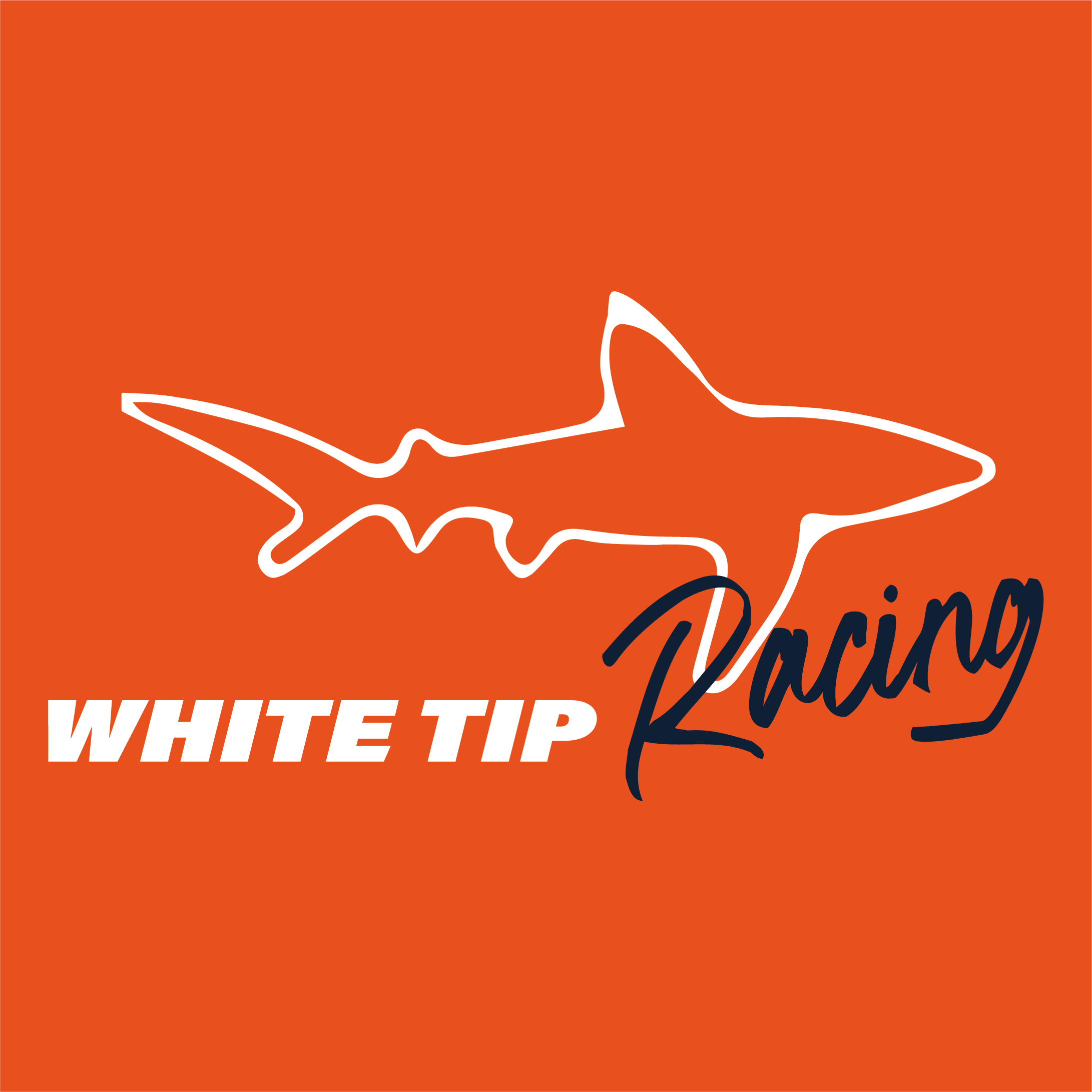COURSES ON THE WATER
Take your knowledge learnt in the classroom to the water.
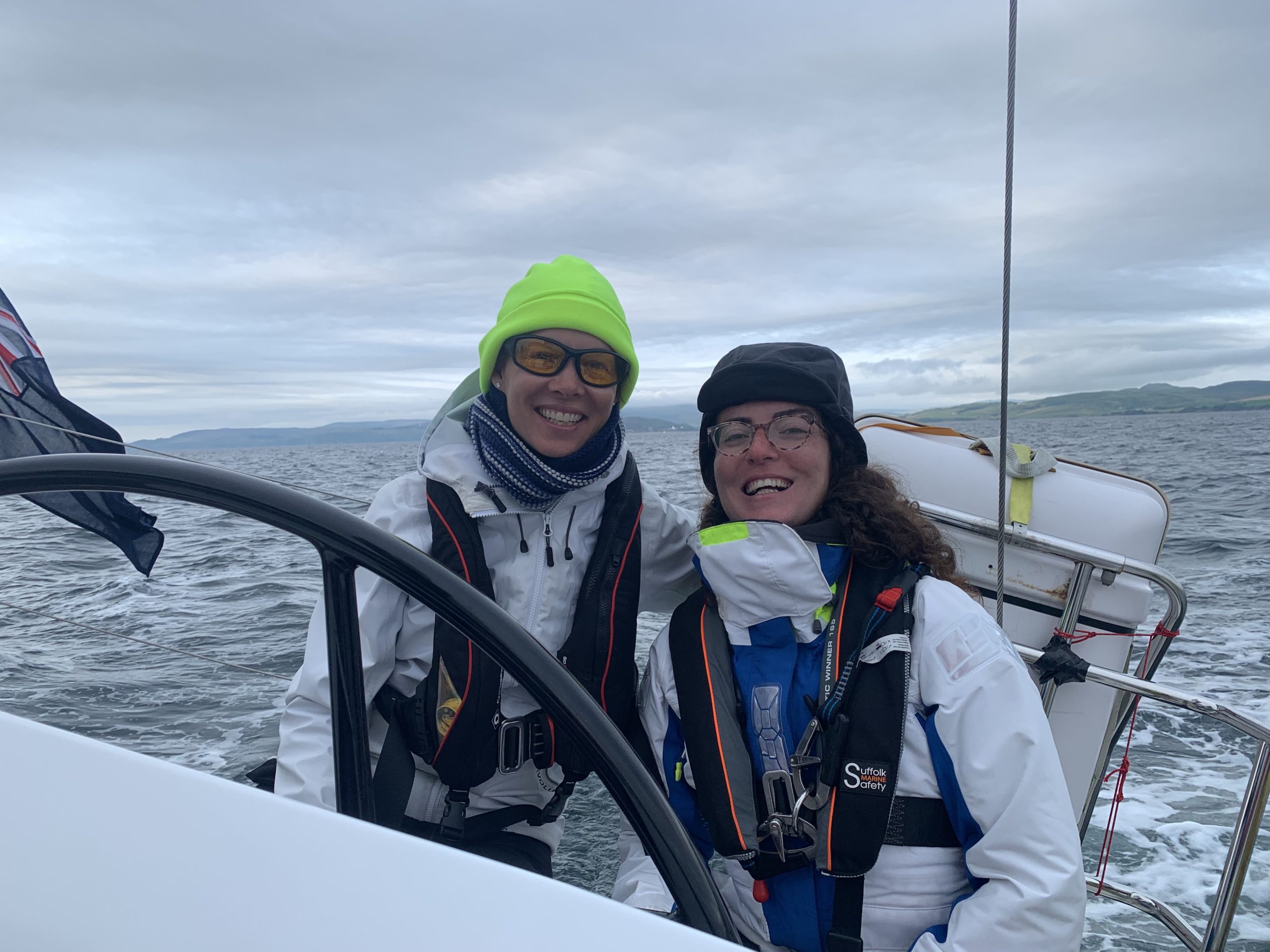
RYA Start Yachting Syllabus
Discover the syllabus
RYA Start Yachting Syllabus
- The Yacht
- Basic knowledge of sea terms, parts of a boat, her rigging and sails
- Ropework
- Ability to tie the following knots: figure of eight, round turn and two half hitches, bowline
- Underway
- Has experienced sailing a yacht on all points of sail
- Can steer a yacht under sail or power
- Rules of the road
- Can keep an efficient look out at sea
- Meteorology
- Knows where to obtain a weather forecast
- Crew overboard recovery
- Understands the action to be taken to recover a crew overboard
- Clothing and equipment
- Understands and complies with the rules for the wearing of safety harnesses, lifejackets and personal buoyancy aids
- Emergency equipment and precautions
- Is aware of hazards on board a yacht
- Knows the action to be taken in the event of an emergency
RYA START YACHTING
- No experience required
- No assumed knowledge required
- Student Instructor 3:1 ratio
- Student Instructor 2:1 ratio +£650pp
DURATION: 2 DAYS
PRICE: £650
Content
- The yacht
- Ropework
- Underway
- Rules of the road
- Crew overboard recovery
- Clothing and equipment
- Emergency equipment and precautions
- Meteorology
Knowledge gained after the course:
Understanding of life on a yacht. We will give you knowledge and hopefully the desire to become a competent crew.
Successful students will receive an official RYA certificate.

RYA Competent Crew Syllabus
Discover the syllabus
1. Knowledge of sea terms and parts of a boat, rigging and sails
- Sufficient knowledge to understand orders given concerning the sailing and day to day running of the boat.
2. Sail handling
- Bending on, setting, reefing and handling of sails
- Use of sheets and halyards and their associated winches
3. Ropework
- Handling ropes, including coiling, stowing, securing to cleats and single and double bollards
- Handling warps
- Ability to tie the following knots and to know their correct use: figure-of-eight, clove hitch, rolling hitch, bowline, round turn and two half hitches, single and double sheet bend, reef knot
4. Fire precautions and fighting
- Awareness of the hazards of fire and the precautions necessary to prevent fire
- Knowledge of the action to be taken in the event of fire
5. Personal safety equipment
- Understands and complies with rules for the wearing of safety harnesses, lifejackets and personal buoyancy aids
6. Crew Overboard
- Understands the action to be taken to recover a crew overboard
7. Emergency equipment
- Can operate distress flares and knows when they should be used
- Understands how to launch and board a life raft
8. Manners and customs
- Understands accepted practice with regard to: use of burgees and ensigns, prevention of unnecessary noise or disturbance in harbour including courtesies to other craft berthed
- Aware of the responsibility of yacht skippers to protect the environment
9. Rules of the road
- Is able to keep and efficient lookout at sea
10. Dinghies
- Understands and complies with the loading rules
- Is able to handle a dinghy under oars
11. Meteorology
- Awareness of forecasting services and knowledge of the Beaufort scale
12. Seasickness
- Working efficiency is unaffected/partially affected/severely affected by seasickness Helmsmanship and sailing
13. Helmsmanship and sailing
- Understands the basic principles of sailing and can steer and trim sails on all points of sailing
- Can steer a compass course, under sail and power
14. General duties
- Has carried out general duties satisfactorily on deck and below decks in connection with the daily routine of the vessel
RYA COMPETENT CREW
- No experience required
- No assumed knowledge required
- Student Instructor 3:1 ratio
- Student Instructor 2:1 ratio +£650pp
DURATION: 5 DAYS
PRICE: £1’125
Content
- Knowledge of sea terms and parts of a boat
- Rigging and sails
- Sail handling
- Ropework
- Fire precautions and fighting
- Personal safety equipment
- Crew overboard
- Emergency equipment
- Tying knots
- Meteorology
- Seasickness
- Helmsmanship
- General duties
- Manners and customs
- Rules of the road
- Tenders
Knowledge gained after the course:
At the end of the 5 days, you will be able to steer , handle sails, lookout as well as assist the day to day routines on a yacht.
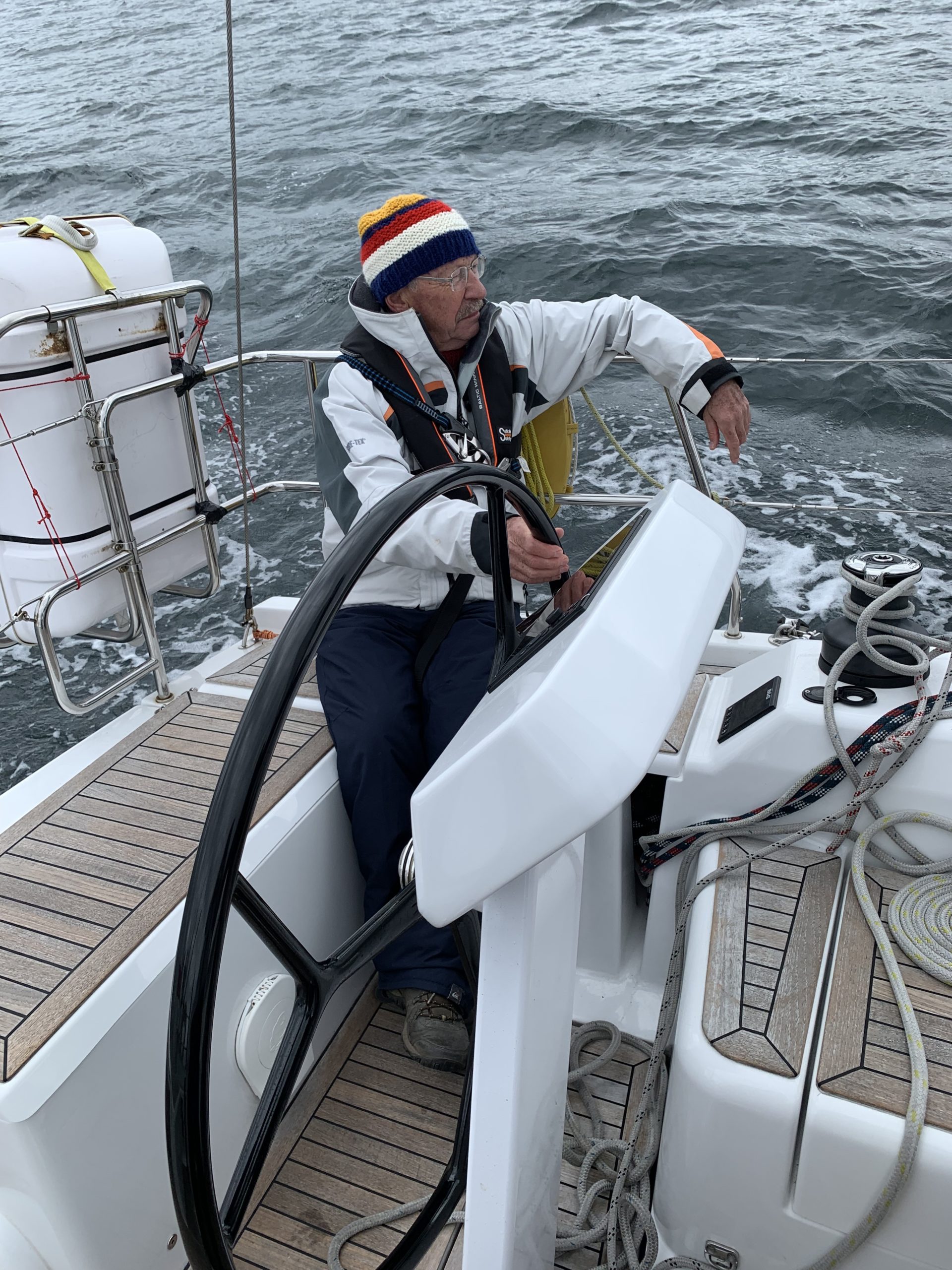
RYA Day Skipper Sail Syllabus
Discover the syllabus
1. Preparation for sea
- Is able to prepare a yacht for sea, including engine checks, selection of sails, securing and stowage of all gear on deck and below
2. Deck Work
- Can reef, shake out reefs and change sails to suit prevailing conditions
- Can prepare an anchor, mooring warps and take charge on deck when mooring alongside, coming to a buoy, anchoring, weighing anchor and slipping from a buoy or alongside berth
3. Navigation
- Is proficient in chartwork and routine navigational duties on passage including:
- Taking and plotting visual fixes
- Use of electronic navigation equipment for position fixing
- Use of waypoints
- Working up to DR and EP
- Estimating tidal heights and tidal streams
- Working out course to steer to allow for tidal stream, leeway and drift
- Knowledge of IALA buoyage
- Maintenance of navigational records
- Use of echo sounder and lead line
4. Pilotage
- Can prepare and execute a pilotage plan for entry into, or departure from, harbour
- Understands the use of leading and clearing lines
- Use of transits and surroundings as aids to pilotage
5. Meteorology
- Knows sources of forecast information
- Can interpret shipping forecasts and use a barometer as a forecasting aid
6. Rule of the road
- Has a working knowledge of the International Regulations for Preventing Collisions at Sea
7. Maintenance and repair work
- Understands and is able to carry out maintenance tasks
- Knows the properties and uses of common synthetic fibre ropes
8. Engines
- Knows how to change fuel and water filters, pump impeller and to bleed the fuel system
9. Victualling
- Understands how to victual a yacht
10. Emergency situations
- Is able to take correct action as skipper for recovery of crew overboard
- Understands distress flares and how to use a life raft
- Can operate a radiotelephone in an emergency and send a distress message
- Understands how to secure a tow
- Understands rescue procedures including helicopter rescue
11. Yacht handling under power
- Can bring a boat safely to and from an alongside berth, mooring buoy and anchor under various conditions of wind and tide
- Can steer and trim sails effectively on all points of sailing
12. Passage making
- Can plan and make a coastal passage, taking account of relevant navigational hazards and limitations imposed by the type of boat and the strength of the crew
13. Night cruising
- Has experienced sail cruising at night, including leaving and entering harbour.
- Understands the special consideration for pilotage plans, keeping a lookout and identifying marks by night.
14. Seasickness
- Working efficiency is unaffected/partially affected/severely affected by seasickness
15. Helmsmanship and sailing
- Understands the basic principles of sailing and can steer and trim sails on all points of sailing
- Can steer a compass course, under sail and power
16. General duties
- Has carried out general duties satisfactorily on deck and below deck in connection with the daily routine of the vessel.
RYA DAY SKIPPER SAIL
- Pre-course experience: 5 days, 100 miles, 4-night hours on a sailing yacht
- Assumed knowledge: Competent Crew level knowledge. It is highly recommended that the student has completed the Day skipper theory beforehand.
- Student Instructor 3:1 ratio
- Student Instructor 2:1 ratio +£650pp
DURATION: 5DAYS
PRICE: £1’150
Content
- Preparation for sea
- Deck work
- Navigation
- Pilotage
- Meteorology
- Rules of the road
- Maintenance and repair work
- Engines
- Victualling
- Emergency situations
- Yacht handling under power
- Yacht handling under sail
- Passage making
- Night cruising
Knowledge gained after the course:
Students who have successfully completed their theory and practical exam will be able to skipper their own yacht and charter yachts. You will also qualify for application of an ICC ( International Certificate of Competence) that is required by chartered companies abroad.
Successful students will receive an official RYA certificate.
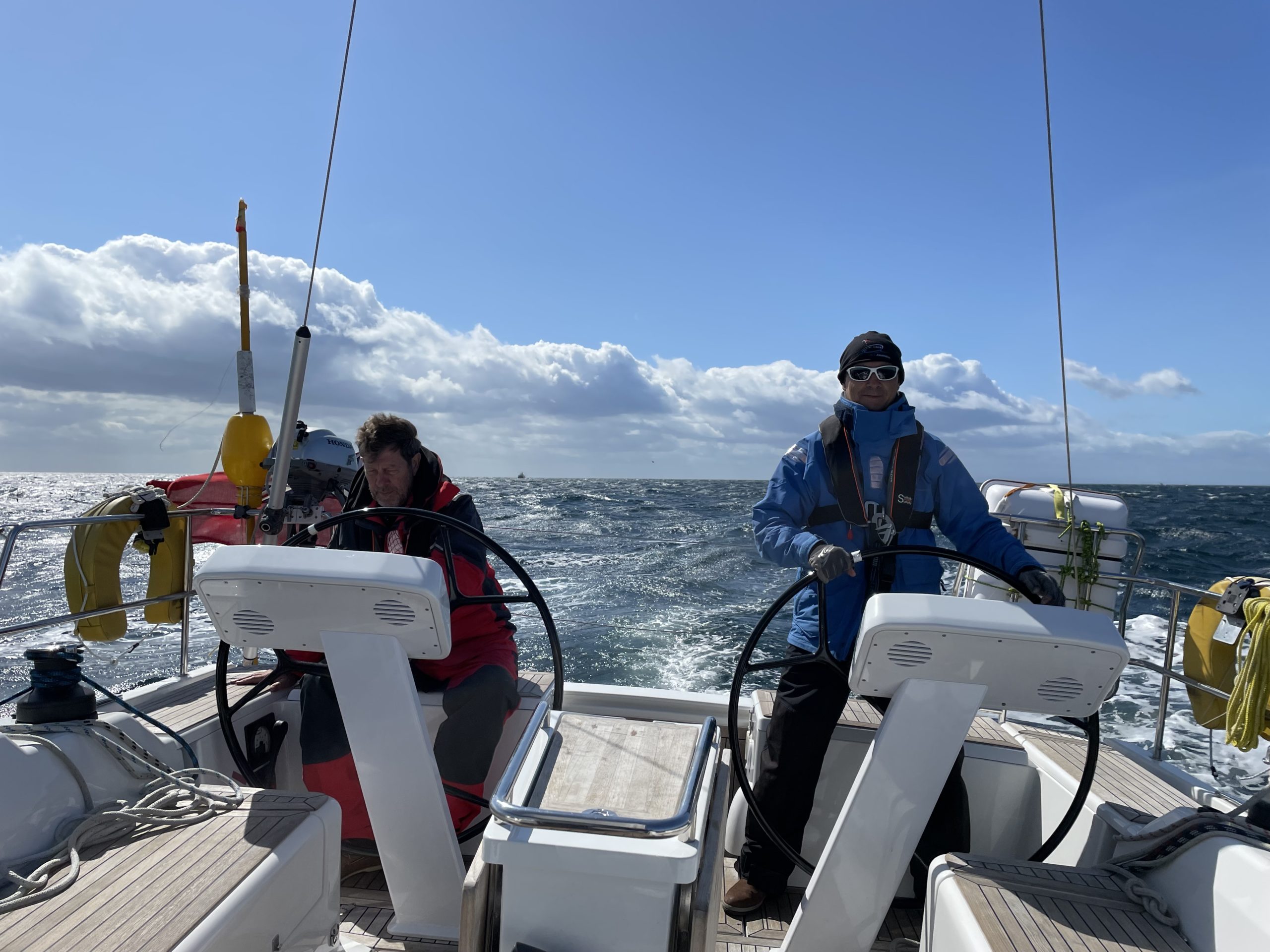
RYA Coastal Skipper Syllabus
Discover the syllabus
1. Passage planning
- Can plan a coastal passage including a consideration of the capability of the yacht, navigation, victualling, weather, ports of refuge, tidal heights, and tidal streams, publications required and strategy
- Know Customs procedures
2. Preparation for sea
- Is aware of safety equipment required for offshore passages
- Can prepare a yacht for sea including stowage, safety briefing, watch keeping, delegating responsibilities and equipment and engine checks
3. Pilotage
- Can prepare a pilotage plan, with consideration of surroundings, transits, clearing bearings, buoyage, port or harbour regulations and tidal considerations. Can pilot a yacht by day and night
4. Passage making and ability as skipper
- Can take charge of a yacht and direct the crew
- Can organise the navigation, deck work, and domestic duties of a yacht on passage
- Is aware of the significance of meteorological trends
- Is aware of crew welfare on passage
- Can use electronic navigational equipment for planning and undertaking a passage, including the use of waypoints and routes
5. Yacht handling under power
- Can control the yacht effectively in a confined space under power
- All berthing and unberthing situations in various conditions of wind and tide
6. Yacht handling under sail
- Characteristics
- Can use the sails to control the yacht in a confined space
- Anchoring and mooring in various conditions of wind and tide
- Can sail efficiently on all points of sailing
7. Adverse weather conditions
- Preparation for heavy weather and yacht handling in strong winds
- Navigation and general conduct in restricted visibility
8. Emergency situations
- Recovery of crew overboard under power and sail
- Understands action to be taken when abandoning to the liferaft and during helicopter and lifeboat rescues
RYA COASTAL SKIPPER
- Assumed knowledge: your navigation level should be of a Coastal Skipper/Yachtmaster theory, as well as RYA Day Skipper level.
- Student Instructor 3:1 ratio
- Student Instructor 2:1 ratio +£650pp
DURATION: 5 DAYS
PRICE: £1’175
Content
- Passage planning
- Preparation for sea
- Pilotage
- Passage making and ability as a skipper
- Yacht handling under sail
- Adverse weather conditions
- Emergency situations
Knowledge gained after the course:
After completing the course, you will have the knowledge and ability to skipper a yacht safely on a coastal cruise, but not yet ready for longer passages.
Successful students will receive an official RYA certificate.

MCA/RYA Yachtmaster™ Coastal (Preparation and Exam) Syllabus
Discover the syllabus
1. International Regulations for Preventing Collisions at Sea
Questions will be confined to the International Regulations and although candidates must be aware of the existence of Local Regulations, they will not be expected to memorise specific local regulations.
- General rules (1-3)
- Steering and sailing rules (4-19)
- Lights and shapes (20-31)
- Sound and light signals (32-37)
- Signals for vessels fishing in close proximity (Annex II)
- Distress signals (Annex IV)
2. Safety
Candidates will be expected to know what safety equipment should be carried on board a yacht, based either on the recommendations in the RYA Boat Safety Handbook (C8), the ISAF Special Regulations or the Codes of Practice for the safety of Small Commercial Vessels. In particular, candidates must know the responsibilities of a skipper in relation:
- Safety harnesses
- Lifejackets
- Distress flares
- Fire prevention and fighting
- Life rafts
- Knowledge of rescue procedures
- Helicopter rescue
3. Boat Handling
Candidates for Coastal Skipper examinations will be expected to answer questions or demonstrate ability in simple situations only. Candidates for Yachtmaster Offshore will be expected to answer questions or demonstrate ability in more complex situations and will also be expected to show a higher level of expertise:
- Coming to and weighing anchor under power or sail in various conditions of wind and tide
- All berthing and unberthing situations in various conditions of wind and tide
- Recovery of crew overboard
- Towing under open sea conditions and in confined areas
- Boat handling in confined areas under sail
- Boat handling in heavy weather
- Helmsmanship and sail trim to sail to best advantage
- Use of warps for securing in an alongside berth and for shifting berth or winding
4. General Seamanship, including maintenance
- Properties, use and care of synthetic fibre ropes
- Knots
- General deck-work at sea and in harbour
- Engine operations and routine checks
- Improvisation of jury rigs following gear failure
5. Responsibilities of skipper
- Can skipper a yacht and manage the crew
- Communication with crew
- Delegation of responsibility and watch-keeping organisation
- Preparing yacht for sea and for adverse weather
- Tactics for heavy weather and restricted visibility
- Emergency and distress situations
- Victualling for a cruise and feeding at sea
- Customs procedures
- Standards of behaviour and courtesy
6. Navigation
- Charts, navigational publications and sources of navigational information
- Chartwork including position fixing and shaping course to allow for tidal stream and leeway
- Tide and tidal stream calculations
- Buoyage and visual aids to navigation
- Instruments including compasses, logs, echo sounders, radio navaids and chartwork instruments
- Passage planning and navigational tactics
- Pilotage techniques
- Navigational records
- Limits of navigational accuracy and margins if safety
- Lee shore dangers
- Use of electronic navigation aids for passage planning and passage navigation
- Use of waypoints and electronic routeing
7. Meteorology
- Definition of terms
- Sources of weather forecasts
- Weather systems and local weather effects
- Interpretation of weather forecasts, barometric trends and visible phenomena
- Ability to make passage planning decisions based on forecast information
8. Signals
- Candidates for Yachtmaster Offshore and Coastal Skipper must hold the Restricted (VHF only) Certificate of Competence in radiotelephony or a higher grade of certificate in radio telephony
MCA/RYA YACHTMASTER COASTAL (PREPARATION AND EXAM)
- Pre-course experience: 30 days, 2 days as skipper, 800 miles, 12 night hours ,Or, if you hold a Coastal Skipper certificate, you need 20 days, 2 days as skipper, 400 miles, 12 night hours. At least half of the qualifying sea time must be in tidal waters.
- Assumed knowledge: solid knowledge of navigation theory, good experience in boat handling in close quarters, as well as a good knowledge of sail trimming and how to make the boat more efficient under sail.
- Student Instructor 3:1 ratio or 2:1 ratio
- On breakfast, lunch, snacks & 1 dinner on board included.
- Mooring fees included
DURATION: 5 DAY COURSE + 2 DAY EXAM
3:1 RATIO PRICE: £1’525 (+ £200 RYA exam fee) /pp
2:1 RATIO PRICE: £2’200 (+ £200 RYA exam fee) /pp
Content
- Responsibilities of skipper
- Close quarters boat handling
- Hoisting, reefing and dropping sails
- Tacking, gybing and efficient sail trim
- Berthing and anchoring
- Rules of the road and signals
- Safety, plus crew overboard
- General seamanship, including maintenance
- Navigation
- Meteorology
Knowledge gained after the course:
After successfully completing the course, you will gain the competence to skipper a yacht on a passage up to 60 miles from a safe haven during the day or night.
Successful students will receive an official RYA certificate.
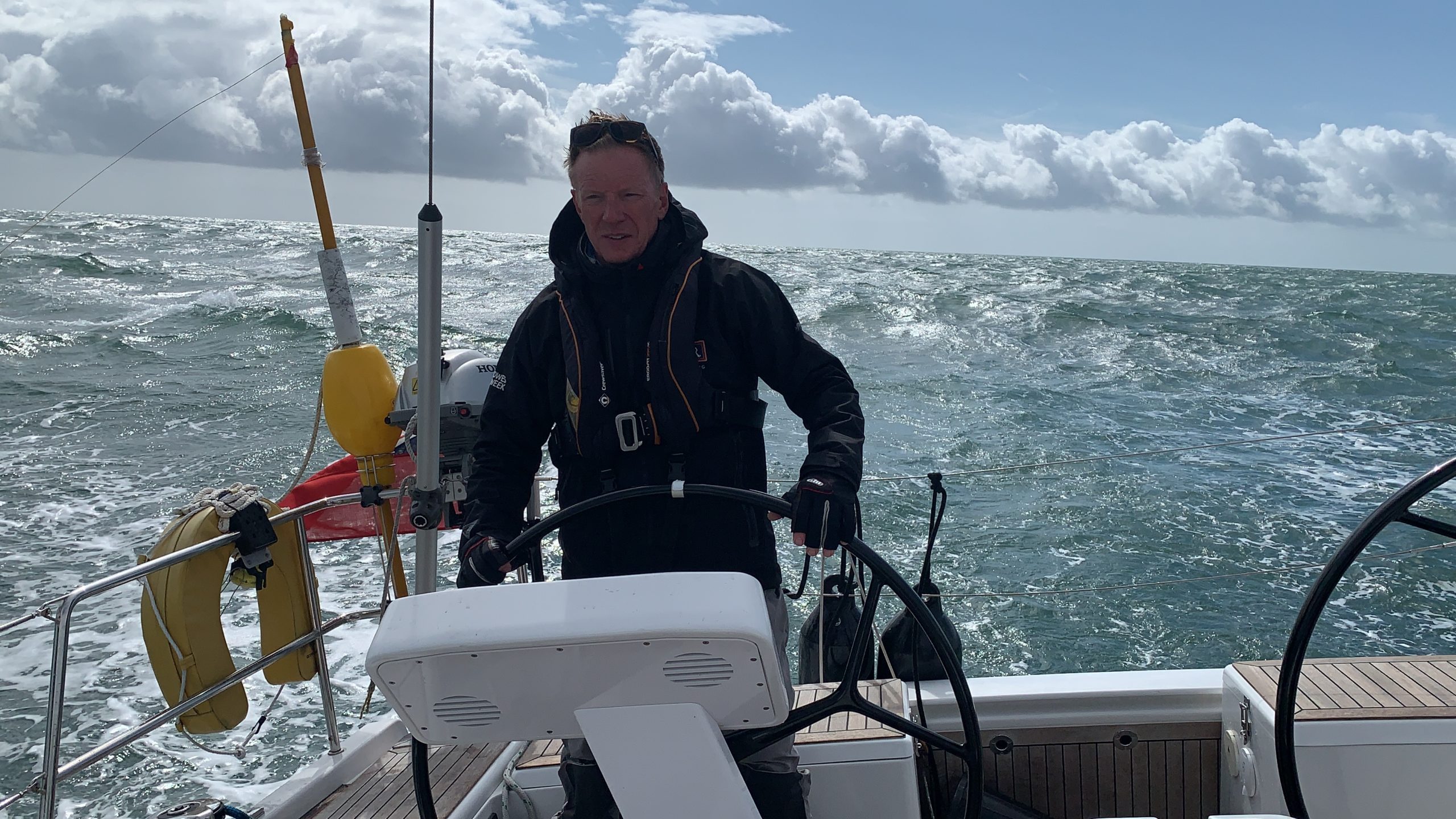
MCA/RYA Yachtmaster™ Offshore (Preparation and Exam) Syllabus
Discover the syllabus
1. International Regulations for Preventing Collisions at Sea
Questions will be confined to the International Regulations and although candidates must be aware of the existence of Local Regulations, they will not be expected to memorise specific local regulations.
- General rules (1-3)
- Steering and sailing rules (4-19)
- Lights and shapes (20-31)
- Sound and light signals (32-37)
- Signals for vessels fishing in close proximity (Annex II)
- Distress signals (Annex IV)
2. Safety
Candidates will be expected to know what safety equipment should be carried on board a yacht, based either on the recommendations in the RYA Boat Safety Handbook (C8), the ISAF Special Regulations or the Codes of Practice for the safety of Small Commercial Vessels. In particular, candidates must know the responsibilities of a skipper in relation:
- Safety harnesses
- Lifejackets
- Distress flares
- Fire prevention and fighting
- Life rafts
- Knowledge of rescue procedures
- Helicopter rescue
3. Boat Handling
Candidates for Coastal Skipper examinations will be expected to answer questions or demonstrate ability in simple situations only. Candidates for Yachtmaster Offshore will be expected to answer questions or demonstrate ability in more complex situations and will also be expected to show a higher level of expertise:
- Coming to and weighing anchor under power or sail in various conditions of wind and tide
- All berthing and unberthing situations in various conditions of wind and tide
- Recovery of crew overboard
- Towing under open sea conditions and in confined areas
- Boat handling in confined areas under sail
- Boat handling in heavy weather
- Helmsmanship and sail trim to sail to best advantage
- Use of warps for securing in an alongside berth and for shifting berth or winding
4. General Seamanship, including maintenance
- Properties, use and care of synthetic fibre ropes
- Knots
- General deck-work at sea and in harbour
- Engine operations and routine checks
- Improvisation of jury rigs following gear failure
5. Responsibilities of skipper
- Can skipper a yacht and manage the crew
- Communication with crew
- Delegation of responsibility and watch-keeping organisation
- Preparing yacht for sea and for adverse weather
- Tactics for heavy weather and restricted visibility
- Emergency and distress situations
- Victualling for a cruise and feeding at sea
- Customs procedures
- Standards of behaviour and courtesy
6. Navigation
- Charts, navigational publications and sources of navigational information
- Chartwork including position fixing and shaping course to allow for tidal stream and leeway
- Tide and tidal stream calculations
- Buoyage and visual aids to navigation
- Instruments including compasses, logs, echo sounders, radio navaids and chartwork instruments
- Passage planning and navigational tactics
- Pilotage techniques
- Navigational records
- Limits of navigational accuracy and margins if safety
- Lee shore dangers
- Use of electronic navigation aids for passage planning and passage navigation
- Use of waypoints and electronic routeing
7. Meteorology
- Definition of terms
- Sources of weather forecasts
- Weather systems and local weather effects
- Interpretation of weather forecasts, barometric trends and visible phenomena
- Ability to make passage planning decisions based on forecast information
8. Signals
- Candidates for Yachtmaster Offshore and Coastal Skipper must hold the Restricted (VHF only) Certificate of Competence in radiotelephony or a higher grade of certificate in radio telephony
MCA/RYA YACHTMASTER OFFSHORE (PREPARATION AND EXAM)
Pre-course experience: 50 days, 2500 miles including at least 5 passages over 60 miles measured along the rhumb line from the port of departure to the destination, acting as a skipper for at least two of these passages, and, including two which have involved overnight passages. 5 days experience as skipper. Half of this mileage and passages must be in tidal waters. Qualifying sea times must be within 10 years prior to the exam.
- Assumed knowledge: solid knowledge of navigation theory, good experience in boat handling in close quarters, as well as a good knowledge of sail trimming and how to make the boat more efficient under sail.
- Student Instructor 3:1 ratio or 2:1 ratio
- On breakfast, lunch, snacks & 1 dinner on board included.
- Mooring fees included
DURATION: 5 DAY COURSE + 2 DAY EXAM
3:1 RATIO PRICE: £1’525 (+ £231 RYA exam fee) /pp
2:1 RATIO PRICE: £2’200 (+ £231 RYA exam fee) /pp
Content
- Responsibilities of skipper
- Close quarters boat handling
- Hoisting, reefing and dropping sails
- Tacking, gybing and efficient sail trim
- Berthing and anchoring
- Rules of the road and signals
- Safety, plus crew overboard
- General seamanship, including maintenance
- Navigation
- Meteorology
Knowledge gained after the course:
After successfully completing the course, you will gain the competence to skipper a yacht on a passage up to 150 miles from a safe haven during the day or night.
Successful students will receive an official RYA certificate.
